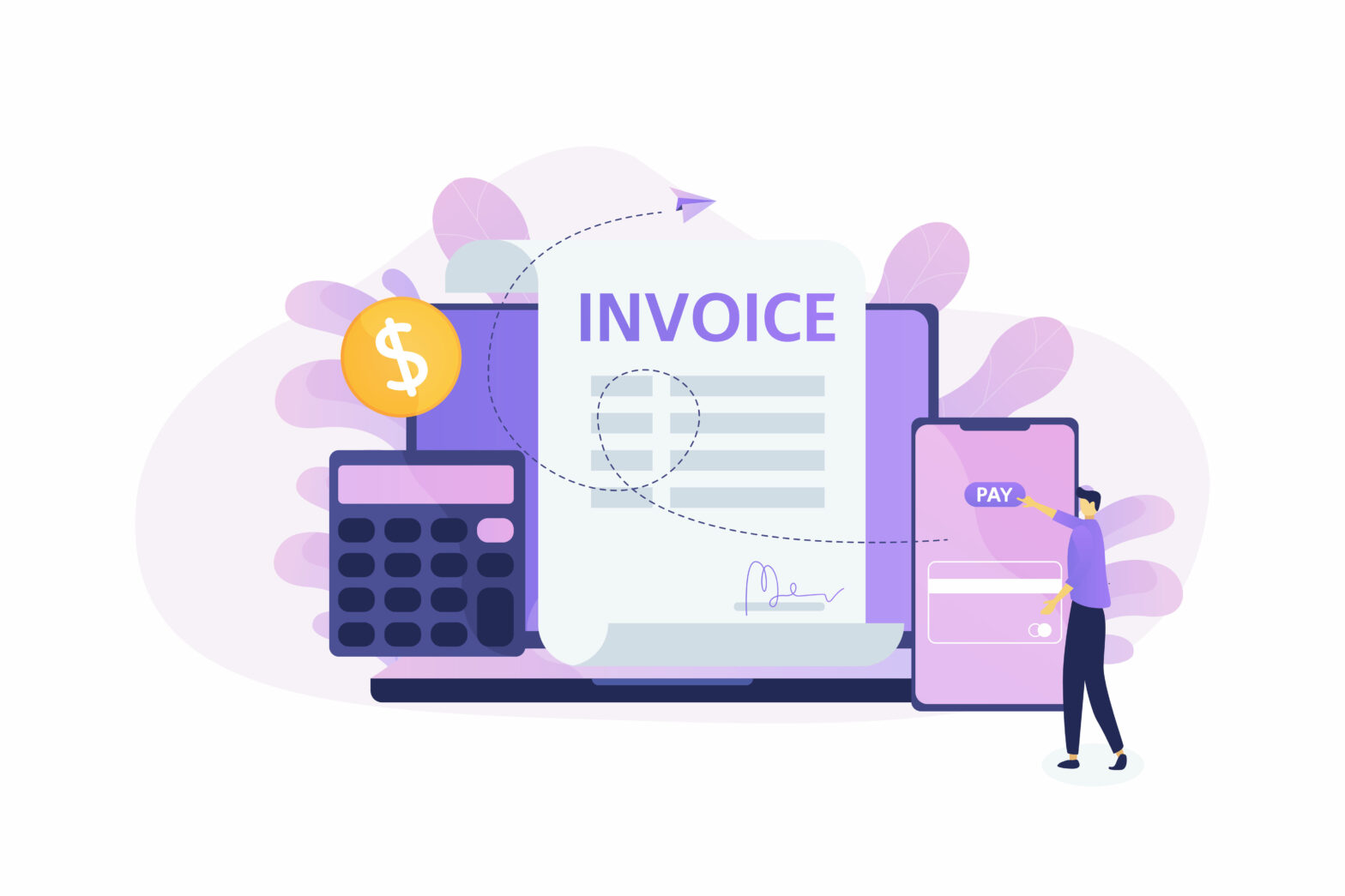For the last two years the number of small business start-ups has been slowly increasing. It is estimated that each year over 500,000 new small business start-ups are being created in the UK alone!
A government study in 2014 found that the biggest hurdles facing small businesses in the UK are:
- lack of access to finance
- day to day cash flow issues, and;
- lack of skilled employees
In a bid to make the UK a better place to do business two initiatives were created. The first a scheme to allow banks to borrow and therefore lend at a reduced rate and secondly, the creation of the British Business Bank a collection of alternative, public and private sources of funding.
British Business Bank is made up of 88 partners who are privately run fund sourcing companies including crowdfunding and Peer to Peer (P2P).
A recent study by property based lenders Amicus found that the popularity of alternative lending, such as crowdfunding, P2P and business cash advances, is likely to increase by an estimated 26 per cent in the next two years. This looks promising, especially because £1.74 billion was raised via alternative finance methods in 2014.
So why should small companies look at alternative business finance options? Well the benefits are widespread.
Speed
One of the biggest benefits of alternative funding is the speed in which your application is processed and funds are made available.
Traditional bank finance can take weeks or months before funds reach a business account if successful. Alternative business finance can be agreed and supplied the same day!
For small businesses who encounter unexpected hurdles or suffer seasonal trends like pubs or beauty salons access to immediate funds is essential and can mean the difference between a business surviving or closing.
As well as being able to apply online or by phone, alternative finance is like an unsecured business loan, meaning there’s less paperwork to go through and your personal assets aren’t put on the line.
Companies with poor bookkeeping or lack of business plans and collateral can still apply and receive their much needed funds very quickly!
Freedom
Banks often ask for extensive business plans and a backlog of accounts to access loan suitability. This can the downfall for many small companies who require short term funds for seasonal peak periods.
Alternative finance providers do not ask to see business plans or years of accounts nor do they dictate how funds are spent, giving the borrower full responsibility to spend their loan as they see fit.
Borrowers also aren’t tied to steep monthly repayments. For example, merchant cash advances work by linking borrowed funds to the businesses card payments.
Payments are made as a percentage of card payments taken meaning you only pay back the advance when your customers are coming through the door.
Therefore, advances are paid back at affordable rates and dependant on the business increasing its customer spend.
This type of funding allows the borrower time to breathe and increase their business with no pressures of repayments.
Business understanding
If you choose to use Peer to Peer or (P2P) Peer to Business (P2B) lending your online investor could be a knight in shining armour.
In 2013 an estimated £193 million in loans was offered to business via P2P lending, that’s a 200 per cent increase from the previous year.
P2P platforms match lenders to recipients meaning that the lender is likely to have more knowledge of the industry they are investing in.
Lenders can also decide to invest at their own free will and choose companies based on their social, financial or industry features. It’s the match.com of the business world.
Employment opportunities
As expected the area growing the most from alternative funding is the capital with 77 per cent of small business owners using this method.
Interestingly Wales is the second most popular place for alternative funding. Unemployment dropped by nearly 7 per cent on 2014 equating to 12,000 new jobs.
Business owners suggested they struggled to find the right candidates in 2013 but the increase in access to funding open opportunities for more training, support and more industries entering other areas of the UK.
Venture Beat news conducted a study in 2014 and found that 39 per cent of companies who successfully secured crowd funding employed approximately two new members of staff and over 40 per cent said they would be using funds to hire people in the future.
The future looks bright for small businesses and their employees.





